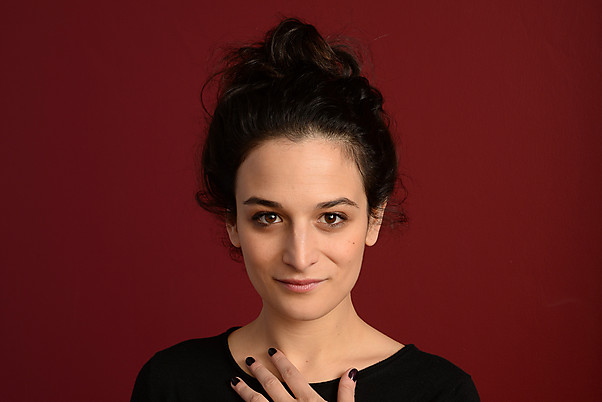
Beware of books. They are more than innocent assemblages of paper and ink and string and glue. If they are any good, they have the spirit of the author within. Authors are rogues and ruffians and easy lays. They are gluttons for sweets and savories. They devour life and always want more. They have sap, spirit, sex. Books are panderers. The Jews are not wrong to worship books. A real book has pheromones and sprouts grass through its cover. – Erica Jong
A very close friend recently told me that she finds my writing to be extremely tactile and sensory. That made my day. I have been told that my writing can be very physical before, that it oozes a little. Once, a copyeditor pointed out that my description of white water rafting sounded a bit too much like a description of rough sex. While I was mildly embarrassed (and pretty amused), I have to admit I was also a little proud. It wasn’t the effect I was going for (I was aiming for adrenaline and I guess I overshot!) but I think the slightly-sexual-ness comes from an interesting place. When I read for pleasure, I am drawn to writers who make everything feel sexy and alive and real. I admire prose that makes my stomach churn and my spine tingle.
Here’s something I’ve come to realize about myself: I want to viscerally connect with everything. People, places, animals, buildings. You name it, and I probably want to touch/taste/feel/smell it. I want this impulse to translate into something more than just a desire for experience, and sometimes I think it does (other times I think I’m just a glutton for novelty). I think, with a little more rigor, I can shape that into something worth reading. I want to pull out my guts and assemble them on paper, blood staining white to red, hands messy with the effort. And to be totally honest, I’m just practicing right now, on this blog. This is where I play around with words. It’s where I hone my skills and sharpen my knives. (So thank you for reading, because every page view makes my effort feel WORTH IT in a very real way.)
Today, I feel inspired by the work of Erica Jong, who makes me want to be a better writer and person. I’m inspired by my friend, Sophie, who gave me that lovely compliment mentioned above. (If I write from the gut, Sophie writes from the heart, and her heart is a compassionate, fierce, and beautiful place.) Finally, I’m inspired by Aleksandra Waliszewska. She makes art that is outlandish, pagan, brutal, and just a little bit pretty. For me, she strikes all the right notes in perfect order. Check out her stuff, and see if you agree.


 From an NPR piece on Brazilian music, a beautiful word that has no direct translation in English:
From an NPR piece on Brazilian music, a beautiful word that has no direct translation in English:

